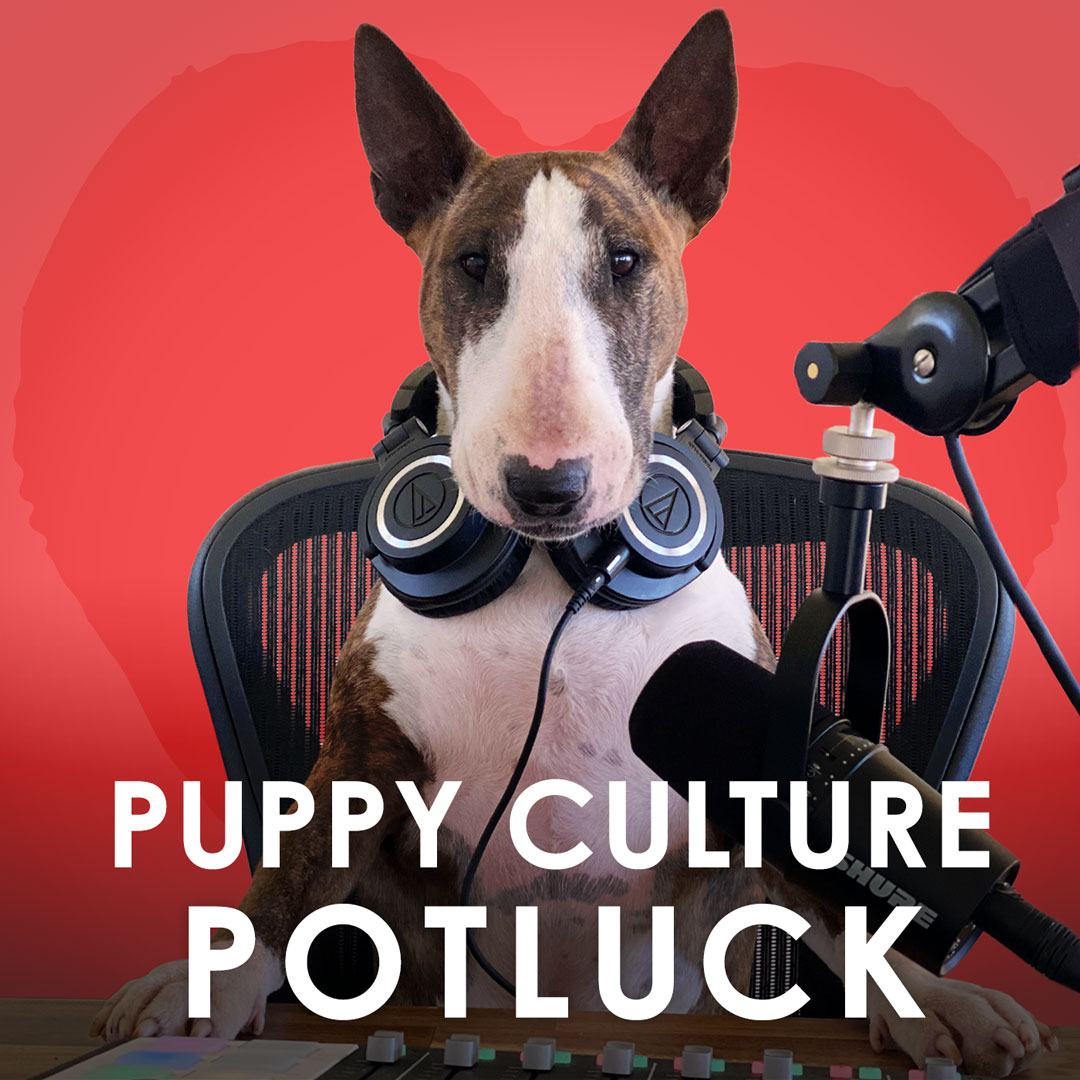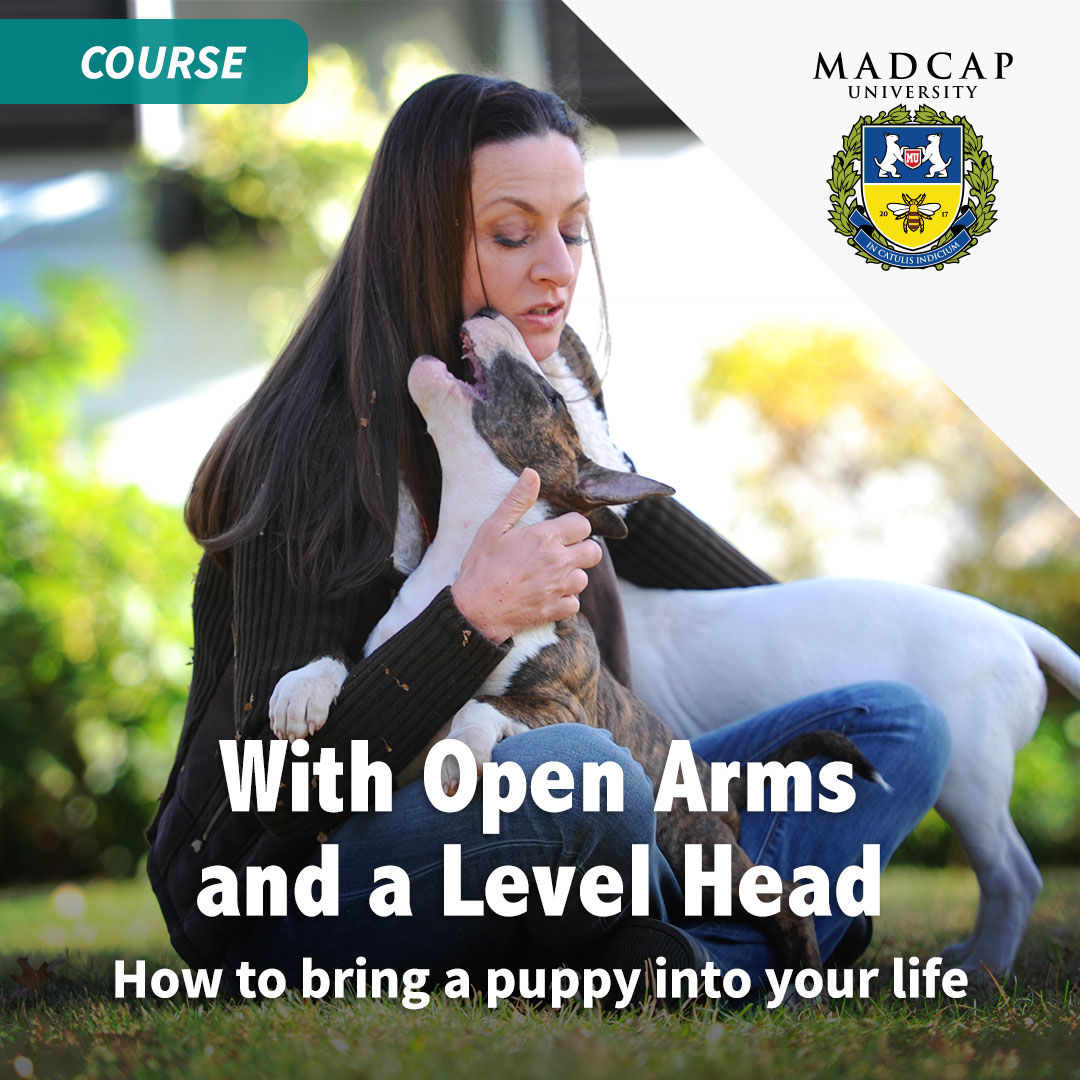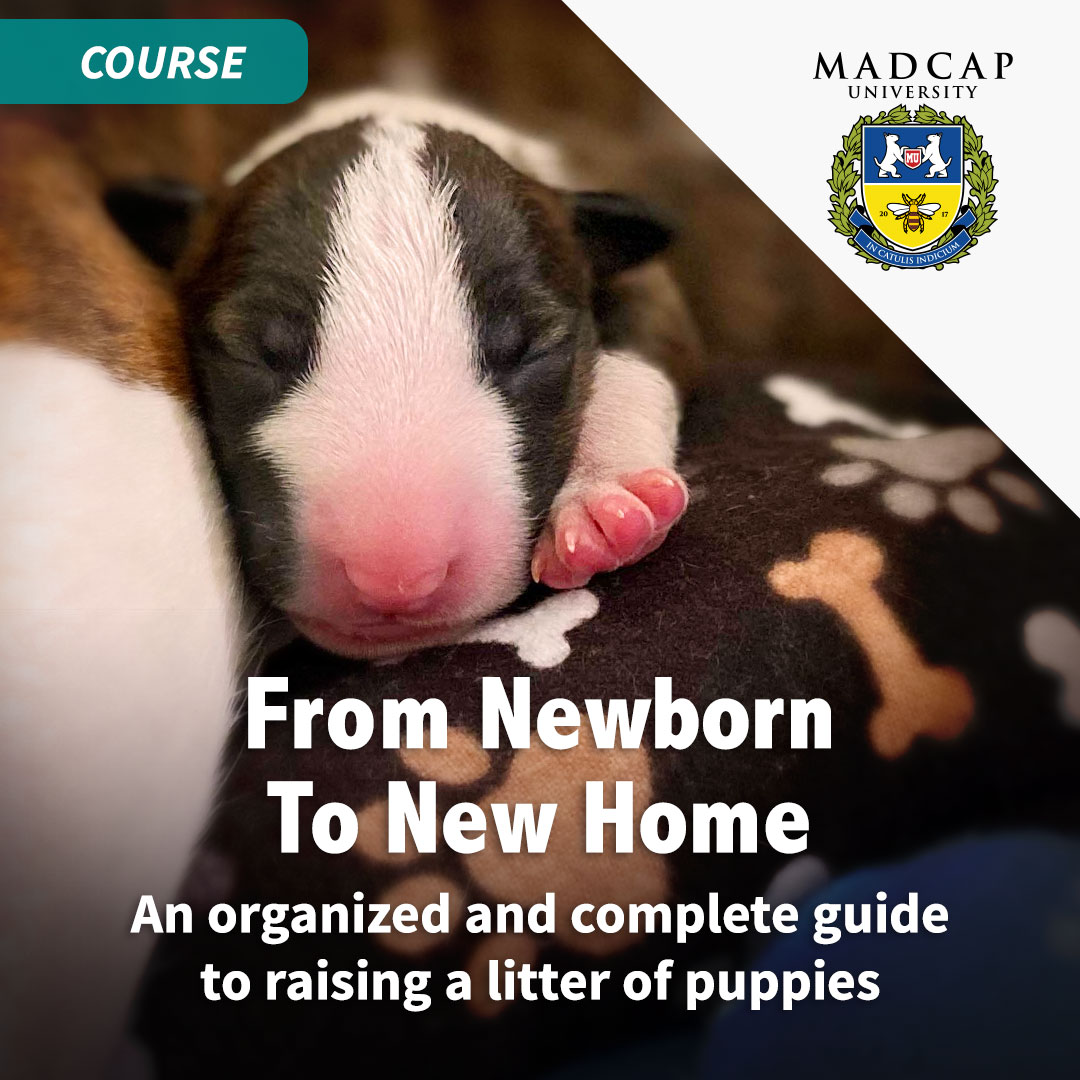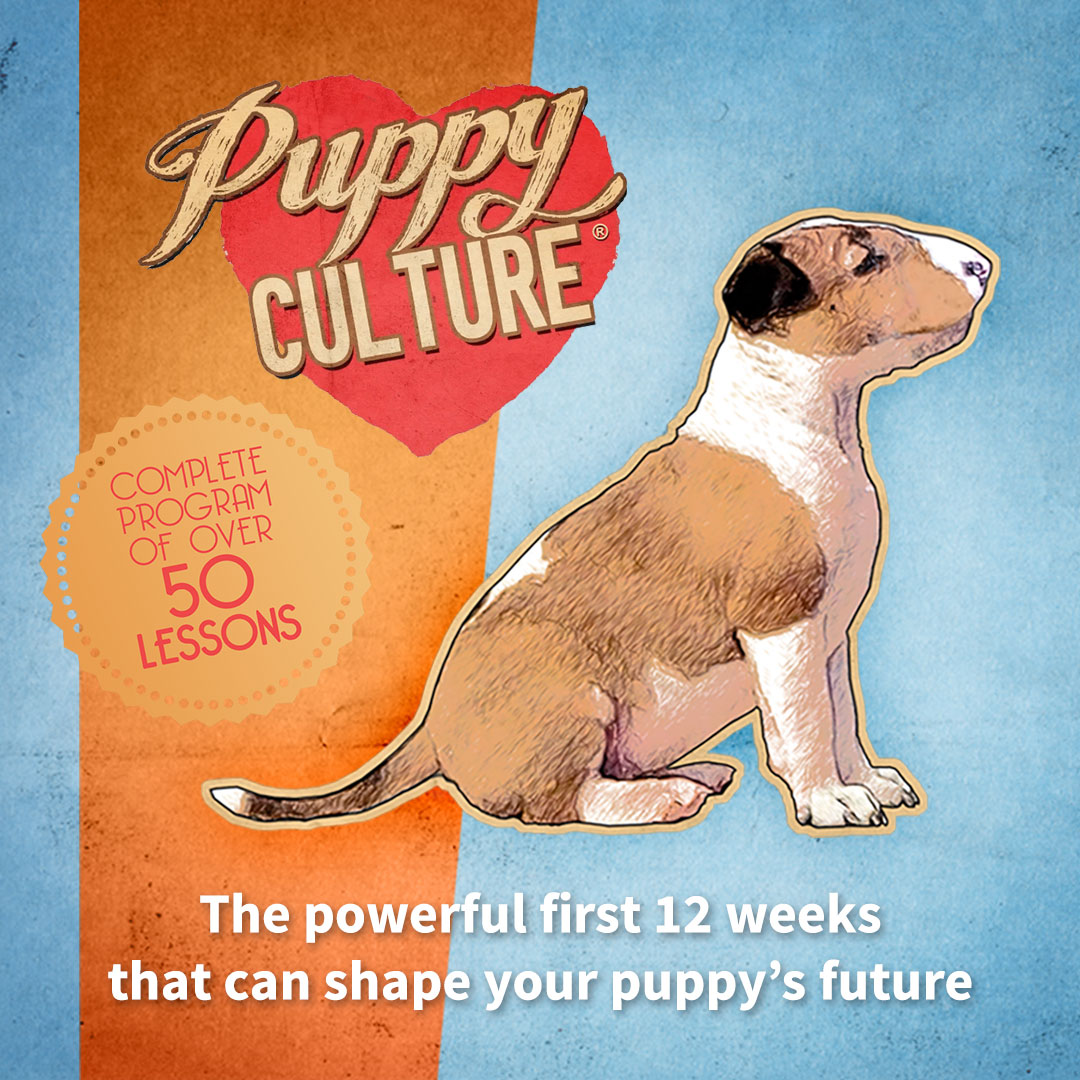Puppy Culture Potluck SeriesYou bring the topics, we bring the discussion.
No time to read our Puppy Culture Discussion group every day? No problem! Now you can get highlights of the discussion group in podcast format.
I’m going to be grabbing questions from the discussion group that sparked interesting discussion and talk about them on air.
Who knows, some guests may drop in as well…
|
|
This person has previous experience with a puppy that was somewhat retiring within her litter, and that puppy grew up to be reactive to other dogs. The person is hoping that this new puppy will be her next big performance prospect, but she’s worried about winding up with another reactive dog that she can’t run in dog sports. What should she do?
What it boils down to is three questions:
In this episode I tackle those questions, give some practical tips for selecting a performance puppy prospect, and talk about emotionally untangling yourself from the “ghosts of dogs past” when picking a puppy.
Listen wherever you get your podcasts, and subscribe so you never miss an episode!
Further reading and citations to the referenced studies and findings
What's The Significance of Puppy Testing? Shifting Your Lens For Better Results - Madcap University
Jane Messineo Lindquist (Oct 2018)
Breed-Dependent Differences in the Onset of Fear-Related Avoidance Behavior in Puppies - researchgate.net
Mary Morrow, Joseph Ottobre, Ann Ottobre, Peter Neville, Normand R St-Pierre, Nancy A. Dreschel and Joy Pate
0 Comments
Your comment will be posted after it is approved.
Leave a Reply. |
AuthorJane Messineo Lindquist (Killion) is the director of "Puppy Culture the Powerful First Twelve Weeks That Can Shape Your Puppies' Future" as well as the author of "When Pigs Fly: Training Success With Impossible Dogs" and founder of Madcap University. Archives
March 2024
Categories |



















